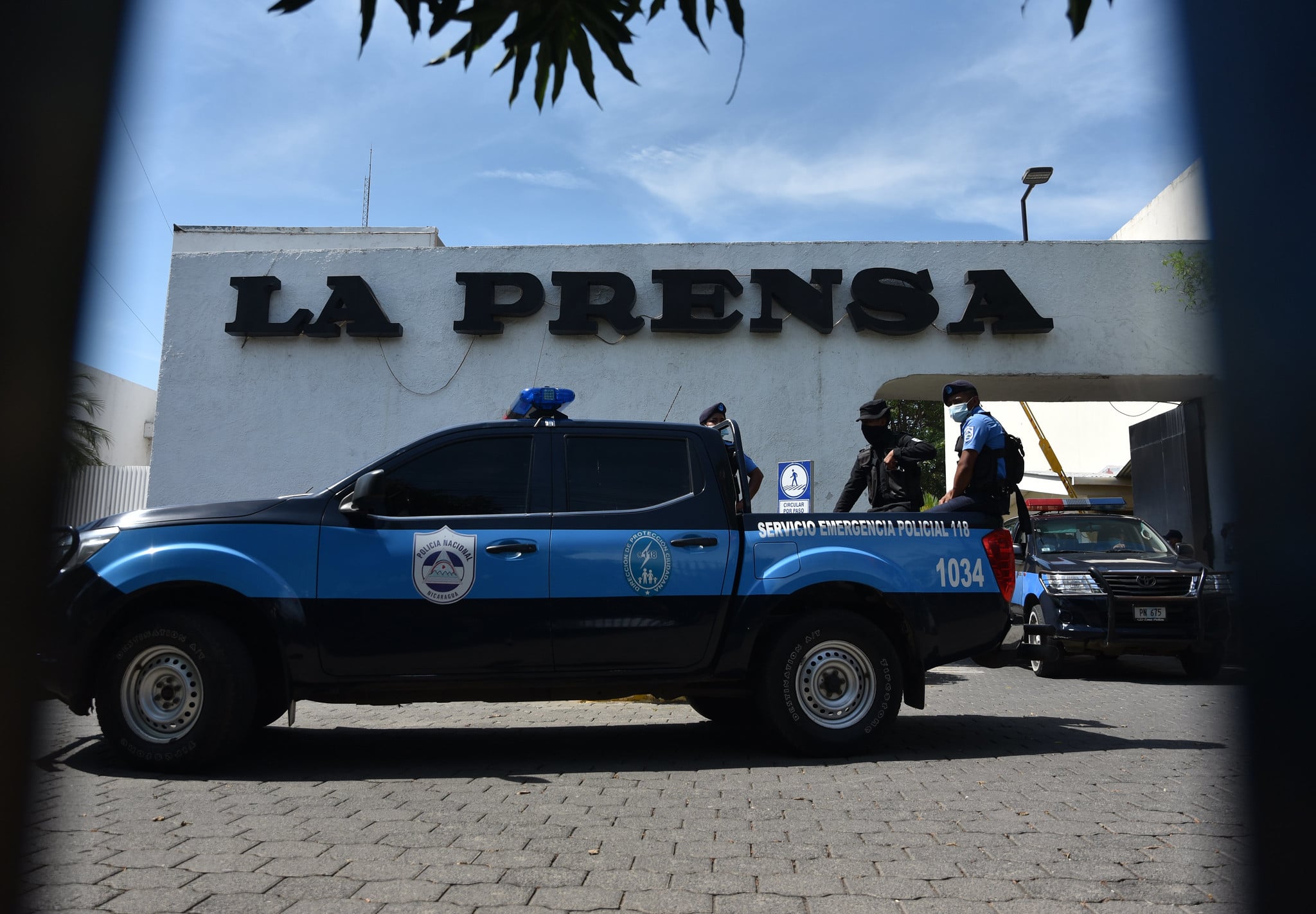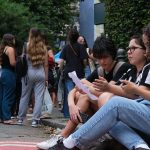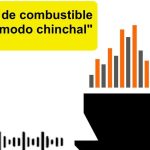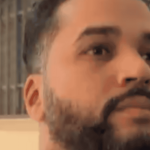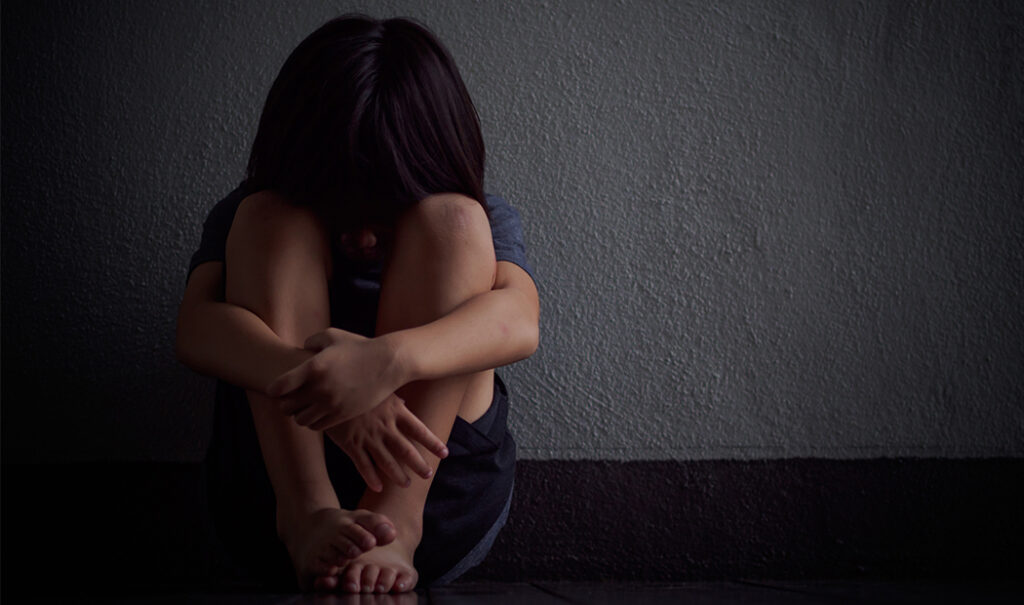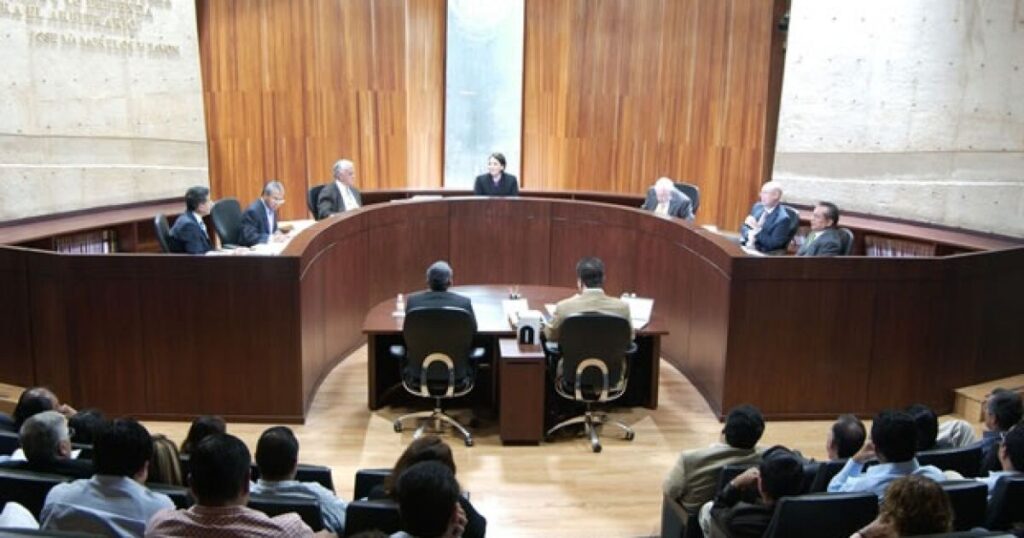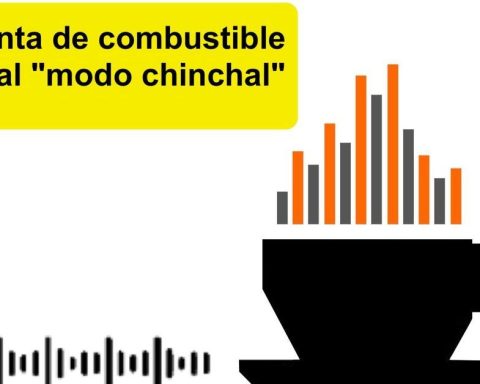The director of Reporters Without Borders (RSF) for Latin America, Emmanuel Colombié, lamented the “profound deterioration” of press freedom in Nicaragua and warned that it is a trend that “seems to have no end” that is evidenced by a “significant increase in of attacks against journalists.”30
He explained that the deterioration of freedom of expression has been progressive for several years, but particularly last year the country starred in “the greatest disaster” in the 2022 World Press Freedom Index, dropping 39 positions to 160th out of 180 countries evaluated by RSF.
“I think that sadly the situation could get worse because we have the presidency of (Daniel) Ortega for a new term and the government is trying to control absolutely all the information that circulates in the country and with the majority of journalists now outside the country it is going to be quite difficult to continue reporting on what is happening in the territory,” he said.
Colombié explained that in the context of the 2021 votes, which led Daniel Ortega to his fourth consecutive term as president, they were able to register “a significant increase in attacks against journalists” that caused “a dramatic situation” and that many had to leave the country “because they were threatened through judicial persecution, harassed, spied on or because they were simply in the eyes of the Government.”
The RSF report warns that by occupying position 160 of 180 countries evaluated, Nicaragua is one of the 27 countries that is in “the red zone” of the classification and they mention that “the independent press continues to live a real nightmare.”
A “toxic” environment for journalists
In an interview on the show Tonight, broadcast online due to television censorship imposed by the regime of Daniel Ortega and Rosario Murillo, Colombié said that Nicaraguan journalists face “all types of censorship” that are manifested through pressures that include intimidation and judicial threats.
The regional director of RSF indicated that in almost the entire continent, journalists carry out their informative work in a “toxic” environment and therefore regret the increase in “official speeches by leaders aimed at criticizing the press with the attempt to present the press as an enemy of the peoples”.
This mentioned that it happens, in addition to Nicaragua, in countries like Venezuela, Cuba, Brazil and now in El Salvador. “Increasingly visible and virulent, these public attacks weaken the profession and encourage abusive judicial proceedings, smear campaigns and intimidation,” mentions RSF in its analysis of the classification.
PCIN reports increased repression
The organization Nicaraguan Independent Journalists and Communicators (PCIN) recorded 1,520 attacks on press freedom throughout last year, 14.14% of which occurred in November in the context of the general votes in which Ortega was re-elected in questionable elections. .
Journalist Martha Irene Sánchez, a member of PCIN, estimated during the program Tonight, that these figures expose “an escalation of the repression of the Nicaraguan regime” and denounced that particularly journalistic coverage was violated during the electoral farce.
For this reason, he valued that “the way of doing journalism in Nicaragua has drastically changed” and that at present the majority of journalists “do almost clandestine journalism” and “keep a very low profile to protect themselves.”
Sánchez said that only last year they recorded the exile of 63 journalists in Costa Rica and that in order to continue reporting they have sustained “the citizen complaint to precisely seek how to keep an eye on what continues to happen in Nicaragua where we know that violence has been systematic and that has been climbing to the level
unimaginable”.
Situation in Mexico and El Salvador worries
The regional director of RSF stated that they are concerned about the situation in Venezuela “which continues to be disastrous” and about the “authoritarian drift” of the president of El Salvador, Nayib Bukele, because his statements “transform into much stronger attacks in the digital sphere but also in the real world.
“We also continue to lament dangerous situations and murders of journalists, in the case of Mexico, which is one of the most dangerous and deadly countries in the world for the practice of journalism, where at least eight journalists were killed this year who were only doing information work. ”, Colombia said.
For Daniel Lizárraga, a Mexican investigative journalist and editor of the Salvadoran digital newspaper El Faro, the fact that Mexico is “together with the country that consumes the most drugs in the world” provokes a “territorial control of drug gangs, especially in border states. on the border with the United States”, which increases the rates of violence.
“President (Manuel) López Obrador has said that his government does not kill journalists, but the problem is not that, it is that they continue to kill journalists and there is no stop and the causes are not known. They can stop some material perpetrators, in fact they have done so, but the intellectuals and the underlying reasons are still waiting for them”, he pointed out.
Lizárraga was expelled by the Bukele government in July of last year and since then the situation for
journalists there has only worsened with repressive laws similar to those in Nicaragua, such as the Foreign Agents Law and a new law that prevents them from publishing or reporting on gangs.
“The problem with this is that any of us or any person who sees us can look for the term of apology that would be like promoting or being in favor of a group, but who makes their interpretation? Well, the government does it, the prosecutor that Bukele put in does it, the judges that Bukele put in do it, the magistrates that Bukele put in do it, that is to say, there is no regulation or specification of what should be understood by that and in that meaning remains so broad and at the same time so ambiguous”, he explained.
